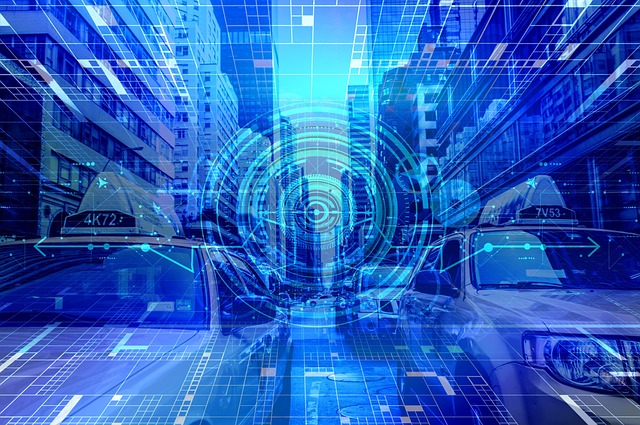The concept of an intelligent future is no longer a distant dream; it is unfolding before our eyes, redefining the landscape of business as we know it. The integration of robotics, artificial intelligence (AI), and automation into various sectors is revolutionizing how we operate, making processes more efficient, and empowering employees to focus on more creative and strategic tasks.
Robotics is at the forefront of this transformation, with machines now capable of performing complex tasks that were once solely the domain of human workers. From manufacturing lines to warehouses, robots are streamlining operations, reducing human error, and minimizing the time required to complete tasks. Imagine a factory where robots work tirelessly alongside humans, taking on repetitive jobs and leaving the more nuanced and inventive responsibilities to their human counterparts. This partnership fosters a more effective work environment, driving productivity and innovation.
Artificial intelligence enhances this landscape further, enabling machines to learn from data, adapt, and make informed decisions. Companies are leveraging AI to analyze consumer behaviors, optimize supply chains, and forecast market trends. By harnessing vast amounts of data, businesses can create personalized experiences that resonate with customers, building loyalty and trust. The deployment of AI not only aids in decision-making but also helps in predicting potential challenges before they arise, allowing for proactive strategies that ensure a competitive edge.
Automation in business is an extension of these advancements – the seamless integration of technologies that boosts efficiency and cuts costs. Tasks that once required multiple human hours can now be executed with precision and speed using software solutions. Automated billing systems, customer service chatbots, and email marketing campaigns are just a few examples of how automation is reshaping the workday. The dull and monotonous tasks are being handled by machines, enabling employees to concentrate on high-value projects that require human insight.
The rise of this intelligent future does bring challenges, particularly regarding the workforce. As businesses shift towards automation, questions surrounding job displacement arise. However, history shows that technological advancements often create new opportunities even as they render certain jobs obsolete. Education and training in new technologies will be critical to ensuring that the workforce adapts to this change. Embracing lifelong learning will be essential for employees, equipping them with the skills needed to thrive alongside these emerging technologies.
Moreover, the ethical implications of an intelligent future cannot be overlooked. As we integrate AI and robotics into everyday operations, businesses must contemplate their responsibilities and the impact their technologies have on society. Ensuring data security, maintaining transparency in decision-making, and considering the societal implications of automation are crucial steps that can foster trust between consumers and businesses.
Ultimately, an intelligent future fueled by robotics, AI, and automation presents limitless potential. By embracing these technologies, companies can not only enhance their operations but also revolutionize the experiences they provide. The challenge lies in how we navigate this journey, ensuring it is sustainable, ethical, and beneficial for everyone involved. As we look to the future, the collaboration between humans and machines will define the new era of business, one that holds the promise of greater innovation and productivity than ever before.




